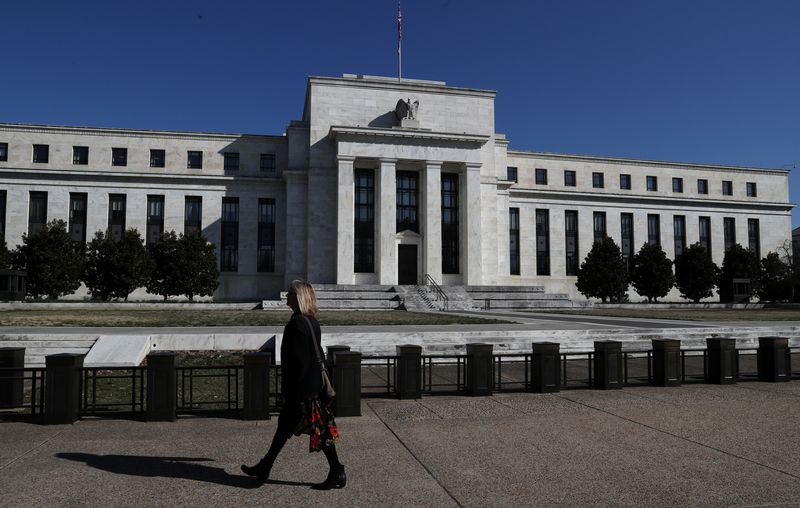By Michael S. Derby
(Reuters) – Federal Reserve Chair Jerome Powell said on Thursday the U.S. central bank has time before it needs to adapt its policymaking thinking due to the return of President-elect Donald Trump to the White House.
“I think it’s too early to reach judgments here” and “we don’t really know what policies will be put in place,” Powell said at a Dallas Fed event.
Powell said the Fed will watch to see what elected officials do – Republicans won control of both houses of Congress in the Nov. 5 elections. “I think we have time to make assessments about what the net effects of policy changes will be on the economy before we react with policy,” he said.
Trump, who defeated Democratic Vice President Kamala Harris in the presidential election, has vowed to impose stiff tariffs on imports and a sweeping crackdown on immigration, both of which have the potential to reignite inflation after the Fed had brought it back under control. At the same time, Trump’s economic agenda also risks further driving up deficit spending, although his proposed tax cuts could produce higher economic growth for a while.
The Republican former president was a regular critic of the Fed during his 2017-2021 term in the White House and broke with long-standing precedents to actively criticize the central bank’s monetary policy decisions. Trump and his allies have also weighed the idea of subordinating Fed decision-making to their political authority, a reality many economists fear could erode trust in the Fed and increase the risks of higher inflation.
In his remarks on Thursday, Powell said Fed officials simply need more policy clarity before they can start updating economic forecasts and policy expectations, noting that for the central bank’s outlook, “the answer isn’t obvious until we see the actual policies … We reserve judgment until we actually know what we are talking about.”



